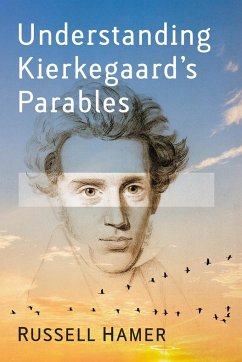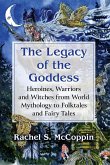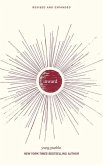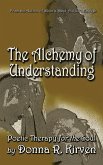Kierkegaard is often praised for his poetic writing style. Throughout his works, especially his pseudonymous ones, he often breaks from philosophical prose and instead uses extended metaphors, fairy tales, parables, and allegories. This book, which is the first that directly addresses Kierkegaard's parables, argues that they help the reader undergo transformative change. It asks why Kierkegaard uses parables in a broad sense, how they function as a form of indirect communication, why Kierkegaard must remain secretive about the purpose of the parables, and how this secrecy plays an important role in Kierkegaard's authorship.
Hinweis: Dieser Artikel kann nur an eine deutsche Lieferadresse ausgeliefert werden.
Hinweis: Dieser Artikel kann nur an eine deutsche Lieferadresse ausgeliefert werden.








